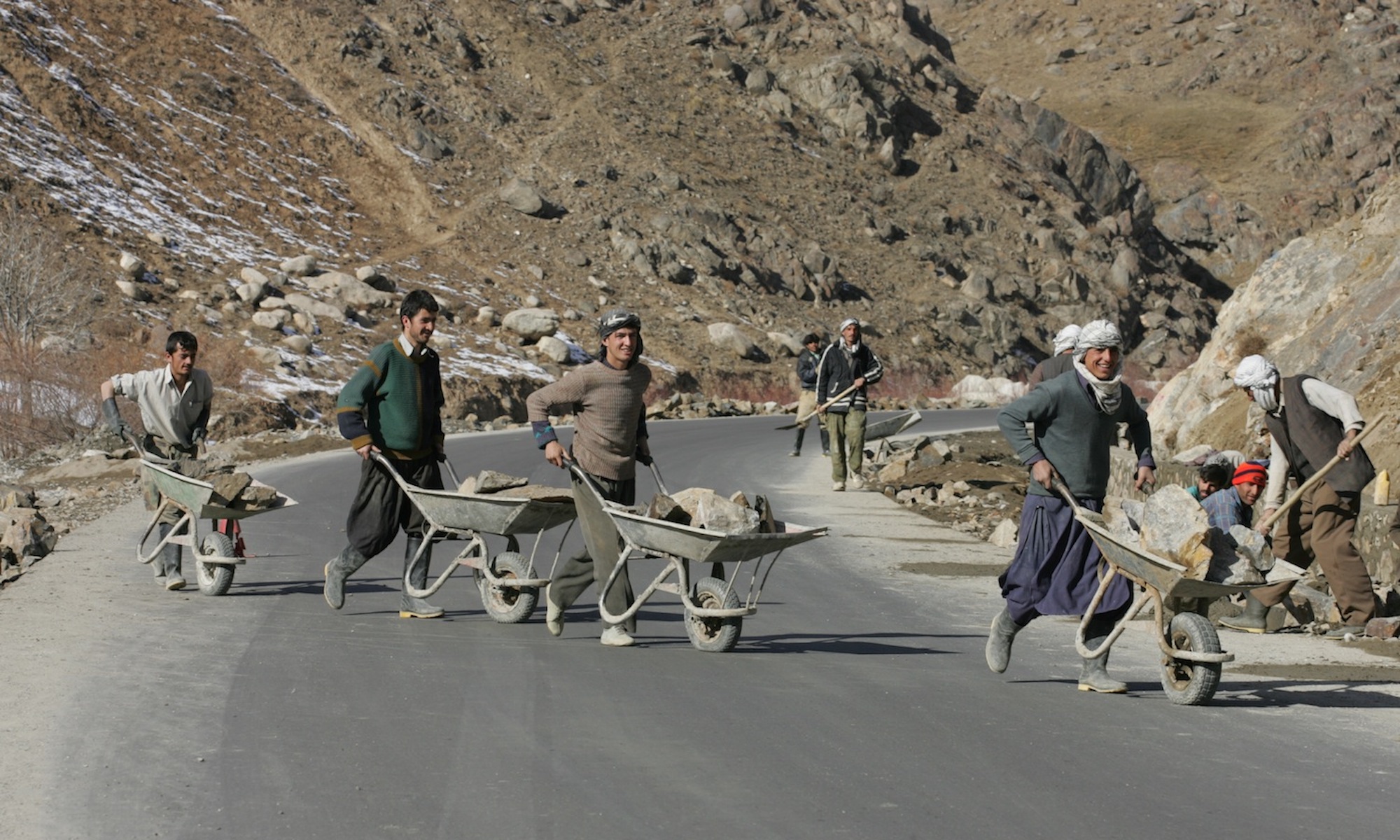This conclusion reviews the Special Issue’s perspective on organized crime as both potential ‘enemy’ and ‘ally’ of peace processes. The social and economic power wielded by organized crime is highlighted, pointing to the role that peace operations play as an intervening variable between individuals/communities and the environments in which they operate. Peace operations use a range of tactics, from coercion to co-option, working with or against organized crime. However, these tactics will only be successful if they are framed within a coherent strategy, which may pursue either containment or transformation- or seek to combine them- through a phased transitional strategy. Peace operations should be a key component in a broad strategy of intelligent international law enforcement.
Introduction: Rethinking the Relationship Between Peace Operations and Organized Crime
Peace operations are increasingly on the front line in the international community’s fight against organized crime. In venues as diverse as Afghanistan, the Balkans, Haiti, Iraq and West Africa, multiple international interventions have struggled with a variety of protection rackets, corruption and trafficking in a wide range of licit and illicit commodities: guns, drugs, oil, cars, diamonds, timber – and human beings. This introduction to the Special Issue on peace operations and organized crime discusses the concept of ‘organized crime’ as a label, and suggests ways of differentiating organized crime groups on the basis of their social governance roles, resources and strategies towards authority structures – such as peace operations.
Winning Haiti’s Protection Competition: Organized Crime and Peace Operations Past, Present and Future
This article draws lessons from the experiences of international involvement in Haiti from 1990 to the present day. It argues that if the model of liberal, responsible government championed by the international community is to provide a resolution to the ongoing violence and instability in Haiti, then Haitian society will first have to be wooed away from coercive ‘protection’ by local and transnational organized crime. However, it argues that peace operations as they are currently conceived and deployed are ill-equipped for this task, given their limited territorial ambit and traditional focus on military response rather than political economy. However, the article concludes that experiences in Haiti may also offer lessons about how peace operations could win ‘protection competitions’ by serving as the leading edge of a unified international strategy for the transformation of local political economies.
Commercial Security in Humanitarian and Post-Conflict Settings: An Exploratory Study
Commercial security is increasingly present in humanitarian and post-conflict settings. The UN has even considered using commercial security to solve peacekeeping shortfalls. Yet using commercial security in these settings raises difficult ethical, operational and strategic questions. This exploratory study begins to describe the decentralized, ad hoc use of commercial security in these settings, in an attempt to provoke the further research and discussion needed before these questions can be adequately answered. The study involved forty-four interviews with senior officials, describing their organizations’ relations with commercial security providers. It deals with a wide variety of users and providers, while highlighting common themes and previously obscured fault lines.
